
Not-Dehydrated Squirrels: How Hibernating Squirrels Stay Hydrated
Humans are thirsty animals—it’s built into our DNA. But have you ever thought about what happens in your body when you feel an overpowering urge

Humans are thirsty animals—it’s built into our DNA. But have you ever thought about what happens in your body when you feel an overpowering urge

In biological systems, iron-sulfur (Fe-S) clusters act as components of electron transfer proteins. These clusters occur in various different forms, including cubanes (4Fe-4S) and diamond
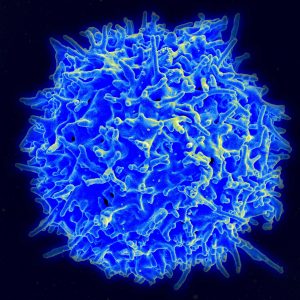
The human immune system is widely studied due to its integral role in health, from preventing infection to the development of autoimmune diseases. At Yale

One of the most devastating diseases for rice farmers today is the rice blast disease, which creates a yield loss of approximately ten to thirty
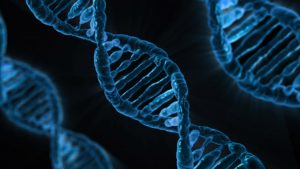
Our understanding of development has been primarily derived from animal studies. Until recently, how our immune system develops have been largely unknown. However, this question
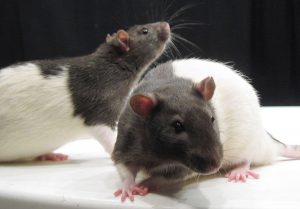
To explain what we take for granted, that is one of the fundamental tenets of science. One such experience that is often accepted as true
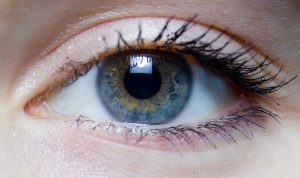
The visual system, as it turns out, may be the key to understanding brain development. Recently, a group of researchers in the Crair lab at
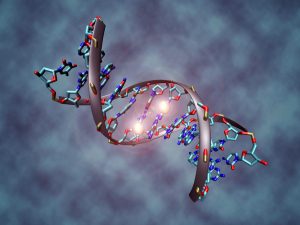
Harnessing your own immune defenses and using them to kill tumor cells. This simple, yet revolutionary idea, is the premise of immunotherapy. When our body
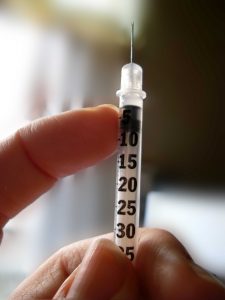
Since heart disease is the leading cause of death in America, treatments like using drug-eluting stents to combat atherosclerosis—the narrowing of blood vessels due to
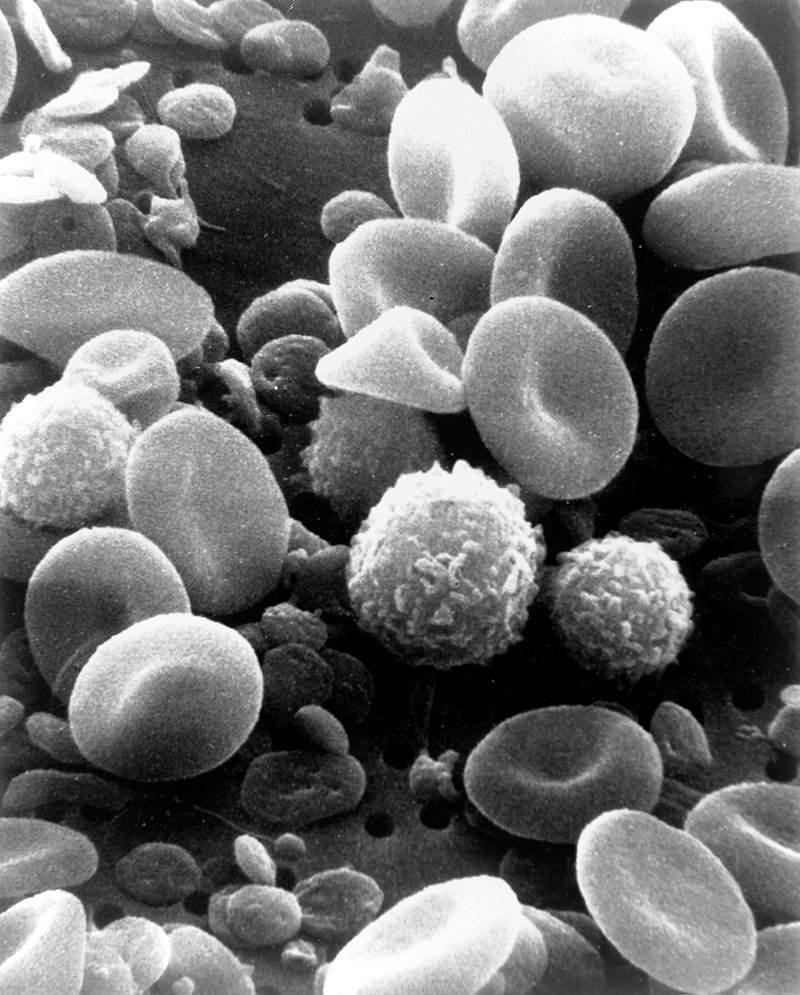
A recent discovery made in Yale University’s Department of Radiology and Bioimaging could accelerate the development of Type-1 diabetes therapies. This group of Yale medical

“If you had a specialist who was seeing [similar cases] all day, what would they say?” This is the question that a Yale research group
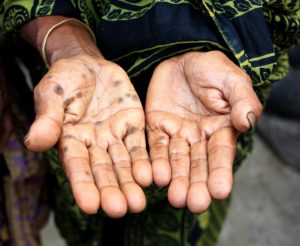
A carcinogenic heavy metal, arsenic can leach into groundwater through both natural and man-made processes. At least 140 million people in 50 countries have been